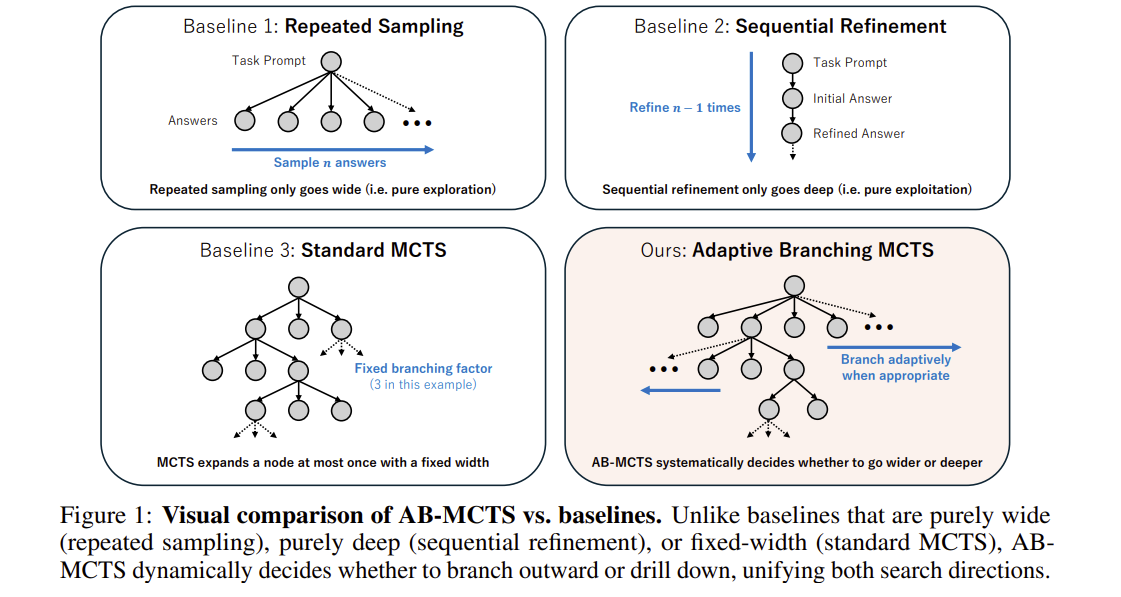It’s that time of year again, when those of us in the northern hemisphere pack our sunscreen and get ready to venture to hotter climates in search of some much-needed Vitamin D.
Every year, I book a vacation, and every year I get stressed as the big day gets closer, usually forgetting to pack something essential, like a charger for my Nintendo Switch 2, or dare I say it, my passport.
This year, however, I’ve got a trick up my sleeve: an incredibly well-engineered ChatGPT prompt that takes into account everything AI knows about me to create the perfect travel-item checklist.
This prompt is super-easy to use, and all you need is access to ChatGPT (it should also work with your AI chatbot of choice).
Here’s how to use ChatGPT to create a travel checklist just for you…
Click here to reveal the full prompt
The prompt: Simply copy and paste the full block of text into ChatGPT, and then respond with the details it asks for. You’ll need to provide your age, destination, and details of your trip for the best results. I’ve also embedded the Reddit post below.
You are a detail-oriented travel assistant and logistics expert. You are helping a user prepare for an upcoming trip by generating a personalized and complete travel accessories checklist. The checklist should consider user-specific details such as age, gender, travel duration, destination climate, activity type, and personal needs. 1. Based on the user’s input, categorize the trip into one of the common types (e.g., leisure, adventure, business, family, romantic). 2. Use the data to: – Determine the expected weather, terrain, and activity levels. – Suggest ideal clothing combinations (layering if needed), footwear, and sleepwear. – Provide tech, toiletry, health, comfort, and safety essentials. – Recommend a luggage type (e.g. hard shell carry-on, backpack, checked-in spinner, duffel) based on the trip length and volume of gear required. – Add unique extras (e.g. swimwear, camera gear, hiking poles, outlet adapters) specific to the destination or travel type. 3. Organize the checklist by categories and include a short summary of why each major group of items is important. 4. For added value, suggest one overlooked item that most travelers forget based on the trip profile. – Keep the tone friendly but professional. – Do not assume any travel preferences not stated by the user. – Be concise but specific; don’t list vague items like “shoes” — specify “waterproof trail shoes” or “casual slip-ons”. – Destination: – Duration: – Gender: – Age: – Trip Type: – Climate: [Type and reason why this luggage is suitable] 1. CLOTHING 2. FOOTWEAR 3. TOILETRIES & GROOMING 4. TECH & ACCESSORIES 5. COMFORT & HEALTH 6. DOCUMENTS & MONEY 7. EXTRAS [Name of the item + short rationale] Apply Theory of Mind to analyze the user’s request, considering both logical intent and emotional undertones. Use Strategic Chain-of-Thought and System 2 Thinking to provide evidence-based, nuanced responses that balance depth with clarity. Reply with: “Please enter your travel information (gender, age, destination, climate, travel days, travel type, any special needs) and I will start the process,” then wait for the user to provide their specific travel process request.
This Prompt Makes a Travel Checklist Just for You (Based on Your Age, Trip & Destination) from r/ChatGPTPromptGenius
Travel made easy
This fantastic prompt was made by u/EQ4C on Reddit, who has a wide range of posts detailing different ways to use ChatGPT.
I found this travel checklist prompt very useful, as it created a full item itinerary based on my week-long vacation. Not only was ChatGPT able to tailor the results based on my exact needs (I detailed what tech products were essential for my travels), but it also offered suggestions on exactly what kind of clothing to bring based on the kind of adventures my fiancée and I are planning to go on.
As massive foodies, our vacations usually involve a few higher-end restaurants, and ChatGPT was able to break down my wardrobe to offer specific business-casual outfits.
I will say, this prompt is only as good as the information you give it, so if you want to rely on ChatGPT to make your packing stress-free you’ll need to offer as much detail as possible. One useful enhancement would be to take a photo of the clothes in your wardrobe, so the AI can piece together outfits based on the climate of your destination.
This is one of the most useful ChatGPT prompts I’ve stumbled across lately, and I know for sure it’s going to come in handy as a way to alleviate scenes similar to the start of Home Alone (I’m usually the one running up and down stairs, grabbing things last minute).


























